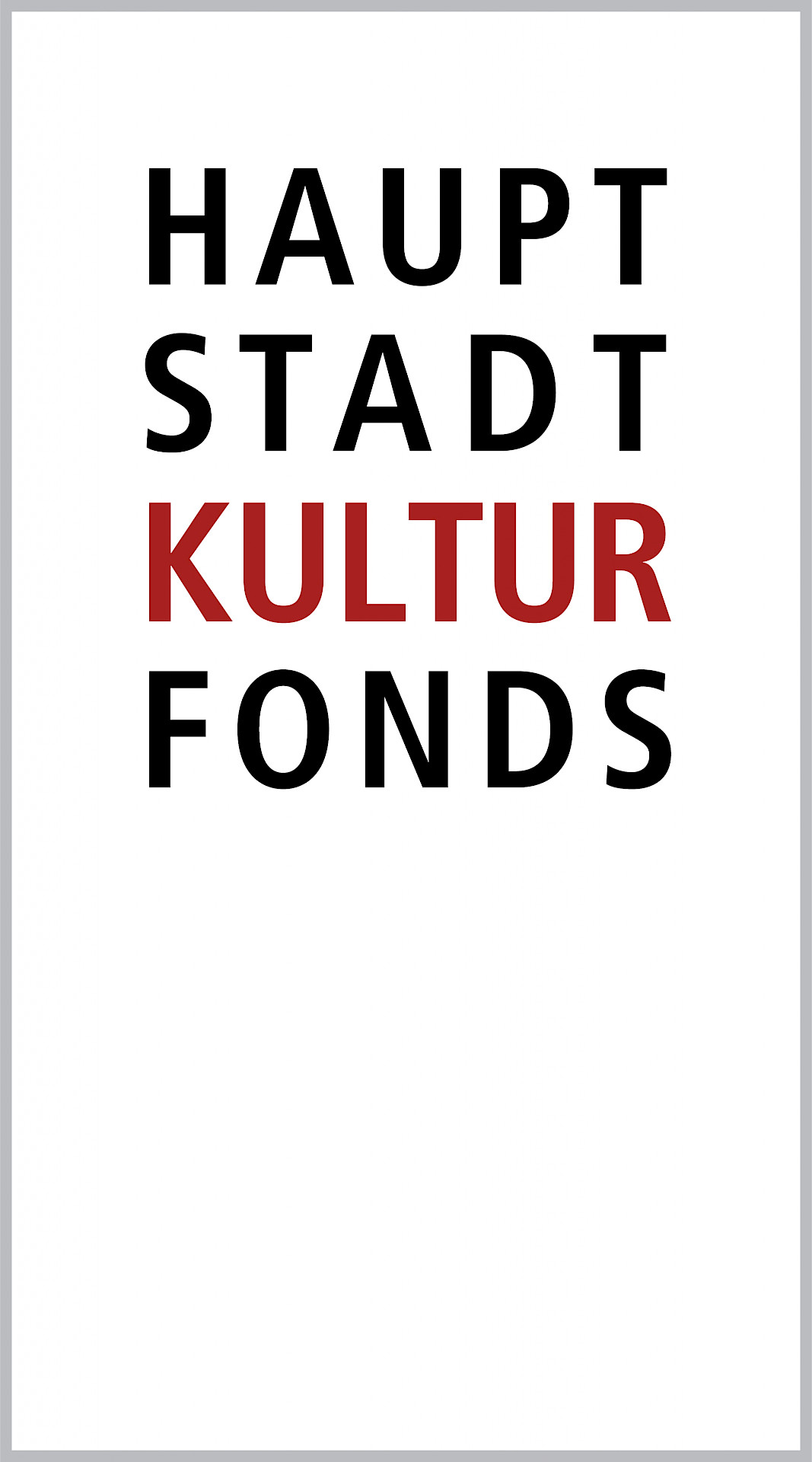ùnlọ́
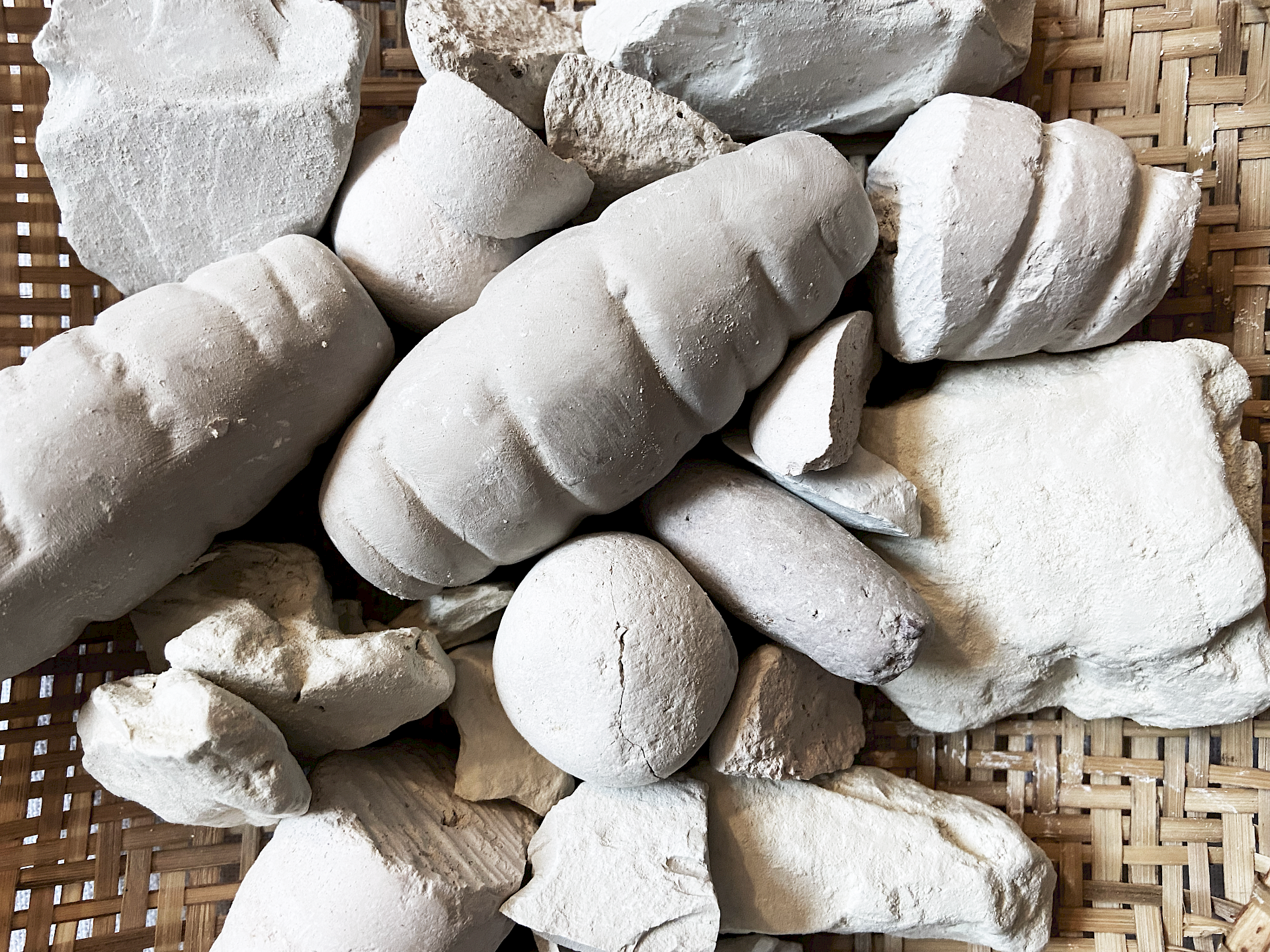
Durational Performance
06.12.2025 16:00
With Suelen Calonga
FREE ENTRY Donations welcome
ACCESS Our space is accessible by wheelchair
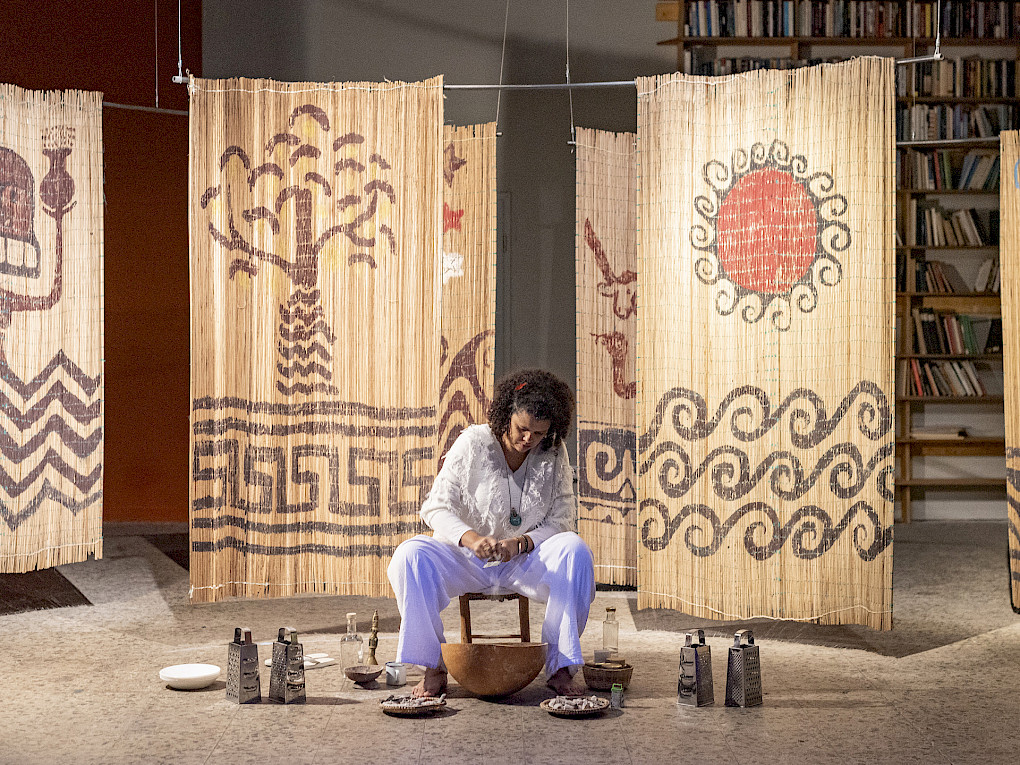
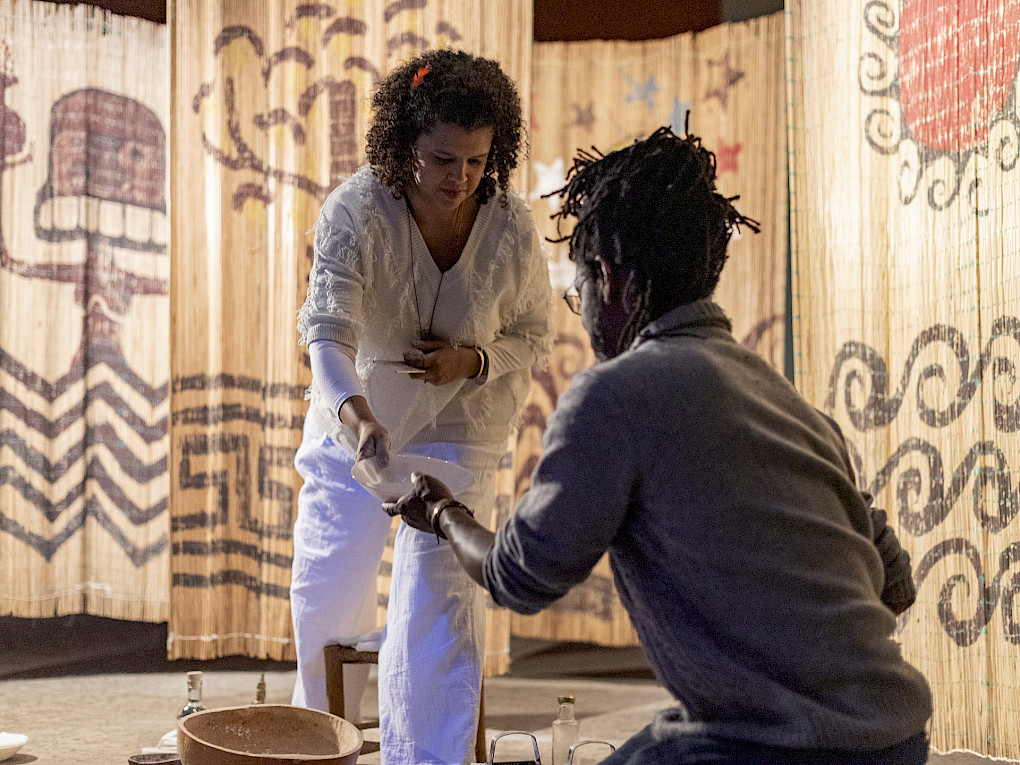
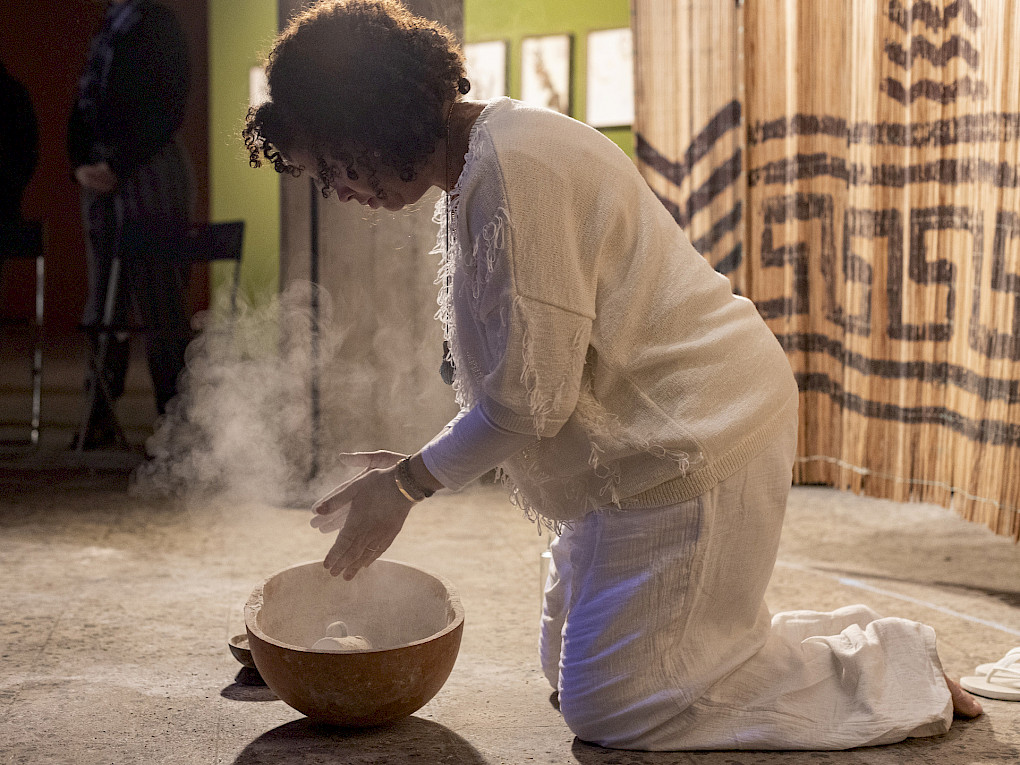
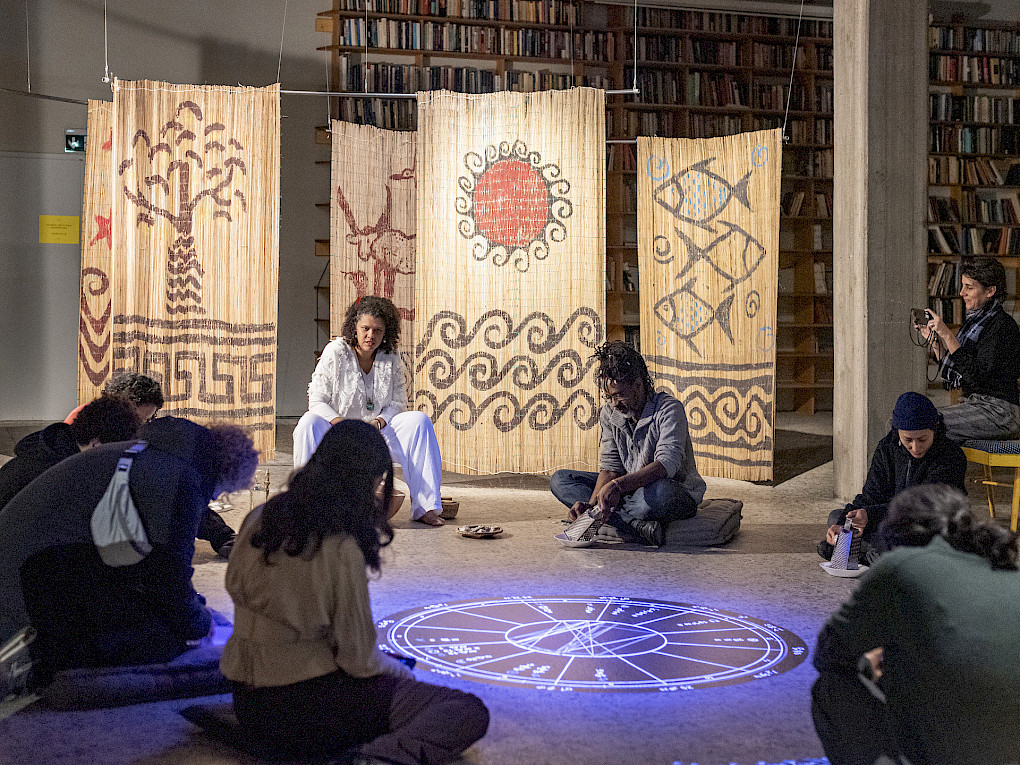
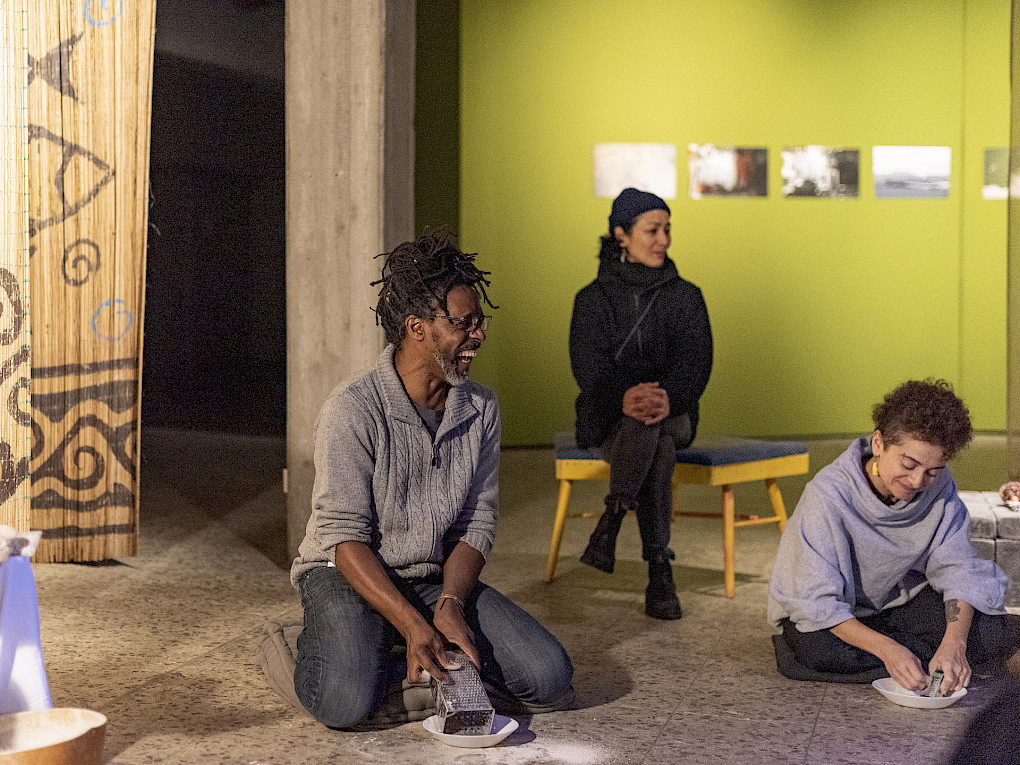
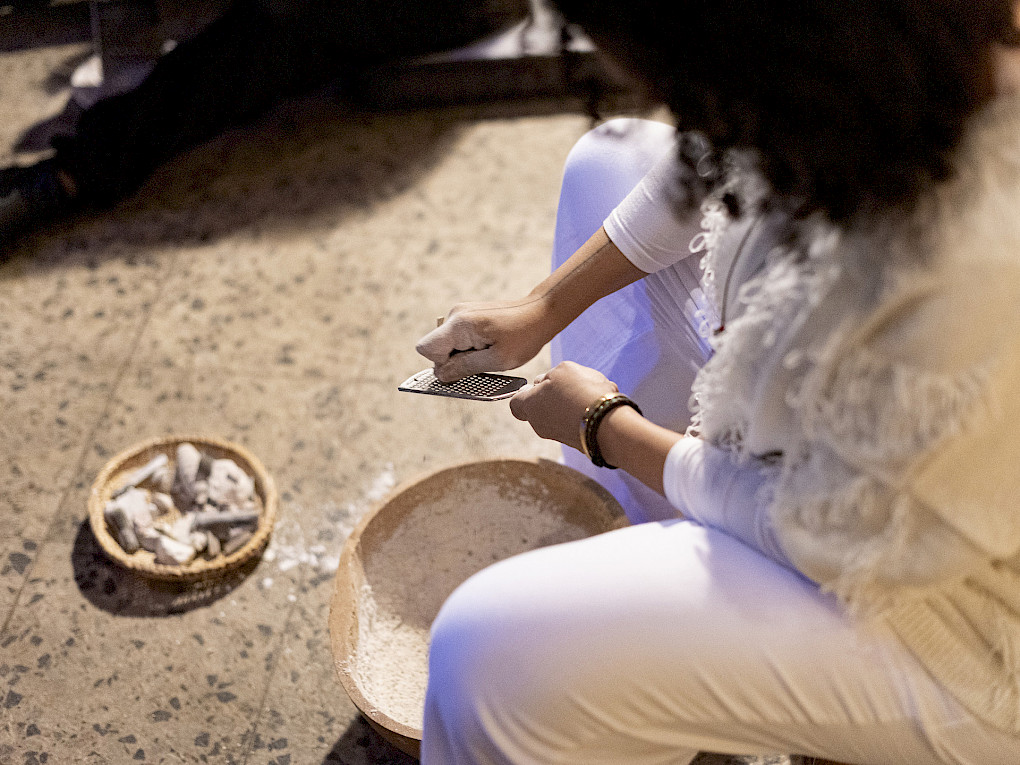
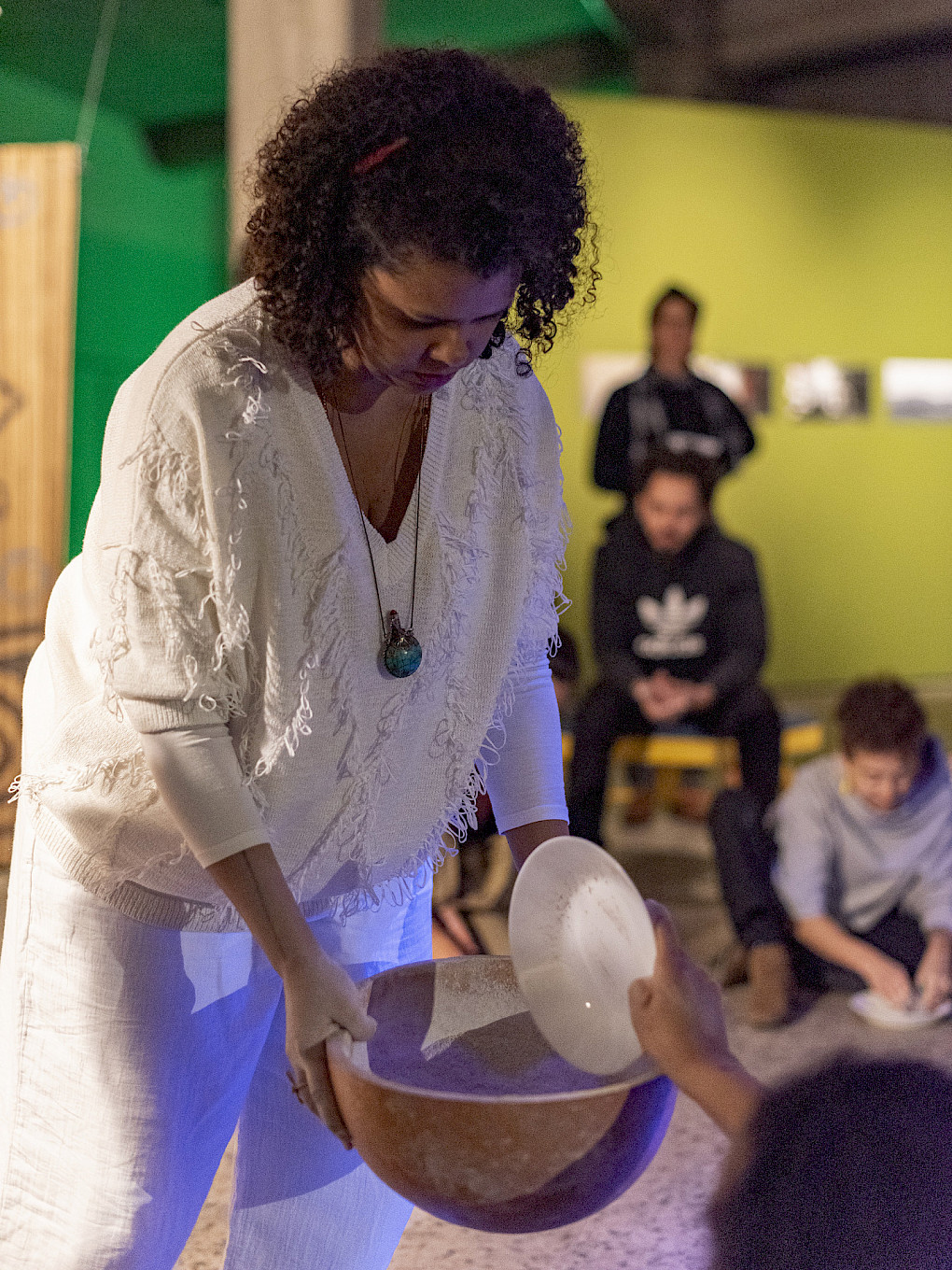
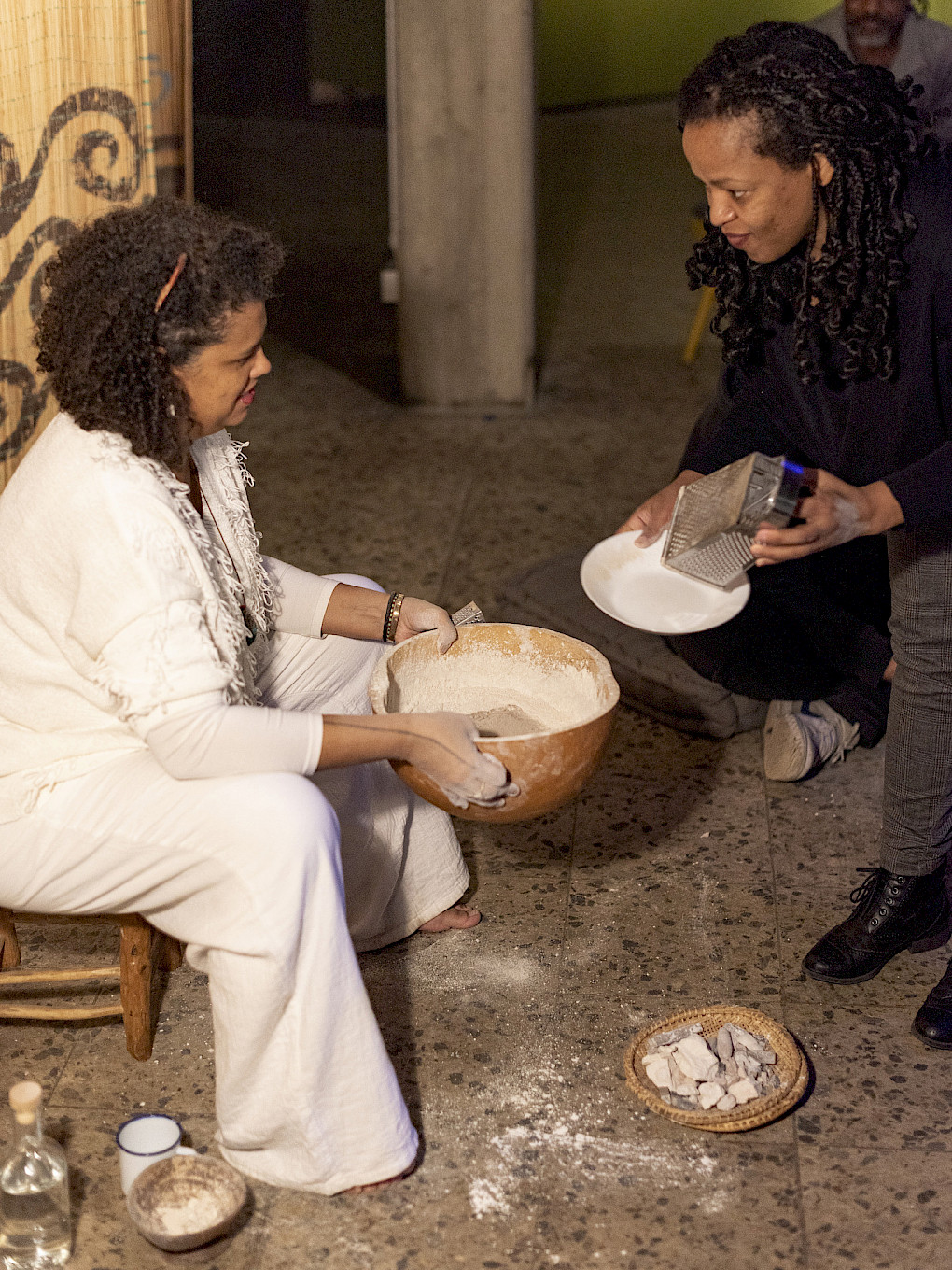
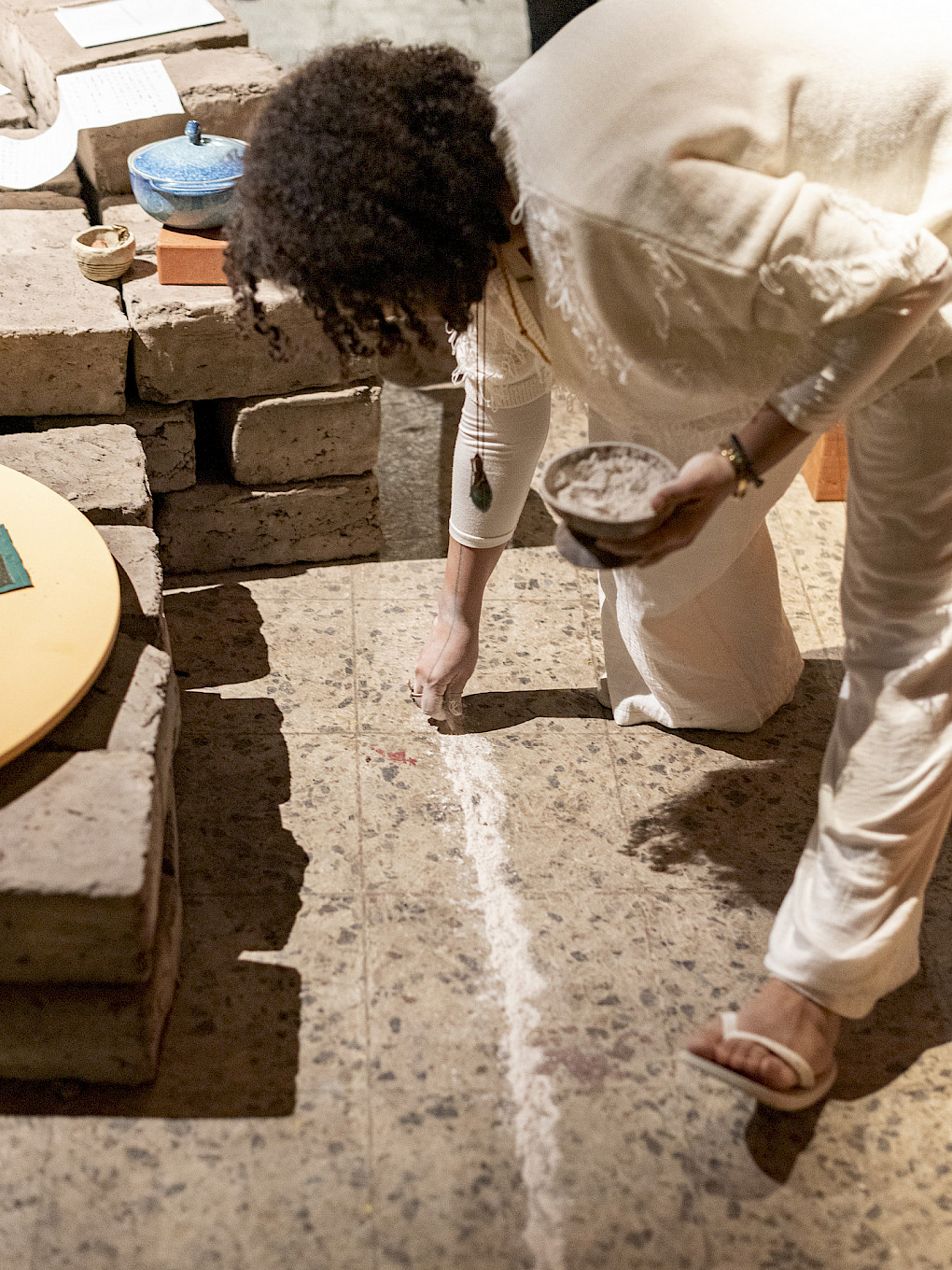
Join us for an offering by Suelen Calonga to the DESACTA altar of collected counterspells. Suelen's contribution will be durational and interwoven with one by Gadutra happening parrtially simultaneously:
It is known by many names: ẹ̀fún, nzu, orhue, calaba chalk, ndom, ayilo, hyile, shile, ayilor, ferinkasa, agatawe, agátáwē, pèmba, mabele, mpemba, ebumba… A white mineral drawn from the earth, carrying similar functions across cultures: caring for the body, tending to the spirit, and opening communication with the invisible. Found in Berlin in Afro-shops and informal marketplaces, this element arrives from different lands; countries whose names are not the same as they used to be, divided by colonial cartography. Here, they are brought together once more. Their differences are grated, pounded, and slowly dissolved into a single fine powder; a temporary common ground made of many soils. With this dust, lines are drawn across the floor. So that lines that once marked division become lines that soften, loosen, and call what was fractured back toward relation.
The activation unfolds over time. As the grinding and drawing take place, visitors may walk over the lines, letting the dust spread and blur. Footsteps become part of the work, part of the unmaking and remaking of these traces.
Ùnlọ́, a word carried from Yorùbá into diasporic memory, evokes both movement and release. The act of going, the act of untying, undoing. Here, it speaks to the gesture at the heart of this activation: a quiet counter-spell, inviting fragments of a land arbitrarily cut and reassigned to find one another again, without breaking the thread that still binds them.
Suelen Calonga is a Brazilian artist and researcher working at the intersections of African-diasporic memory, material and immaterial culture, and epistemic justice. Her practice moves through performance, installation, writing, and audiovisual, often addressing the politics of absence, the knowledge carried by silence, and the spiritual technologies that survive beyond archives. She is currently completing a PhD at TU Berlin, investigating African-Brazilian collections held in German ethnological museums and the colonial infrastructures that shaped their circulation, erasure, and afterlives. Her artistic work often engages with sound, gesture, community and ancestral presence, activating spaces where the visible and invisible meet. Calonga has presented projects throughout Brazil, Europe and Africa, developing long-form research on diaspora, land, and the subtle forces that bind worlds across distance.
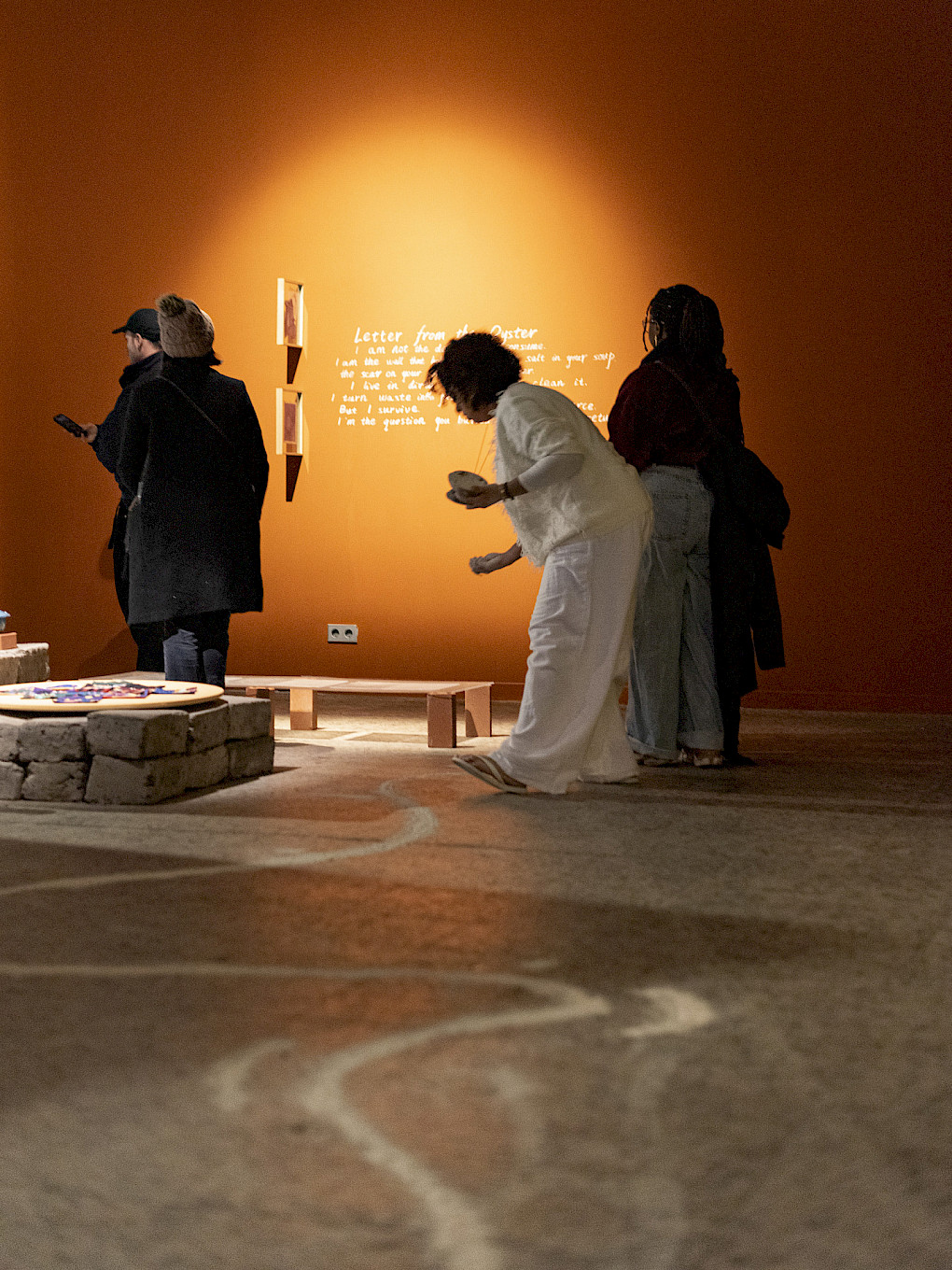
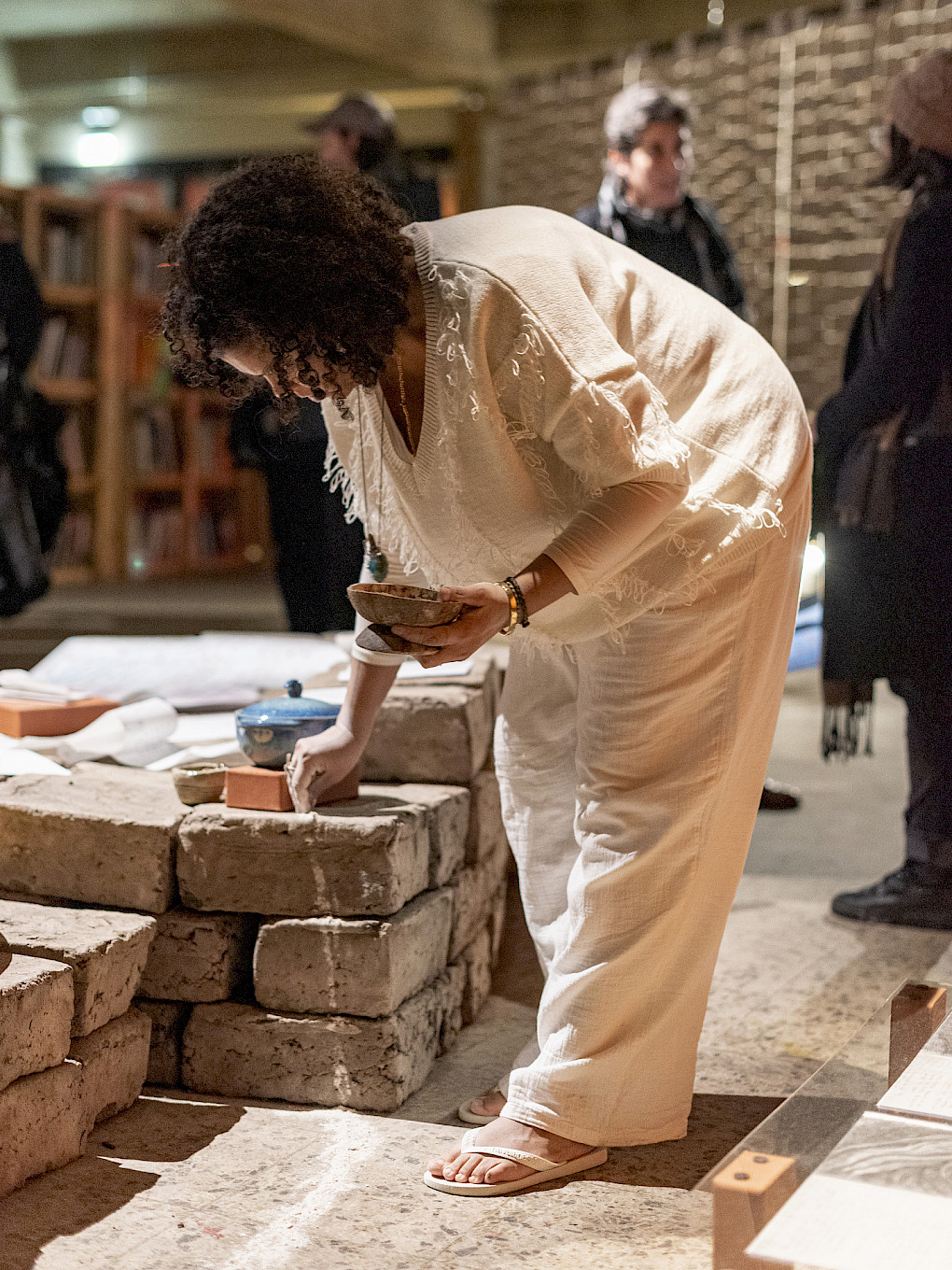
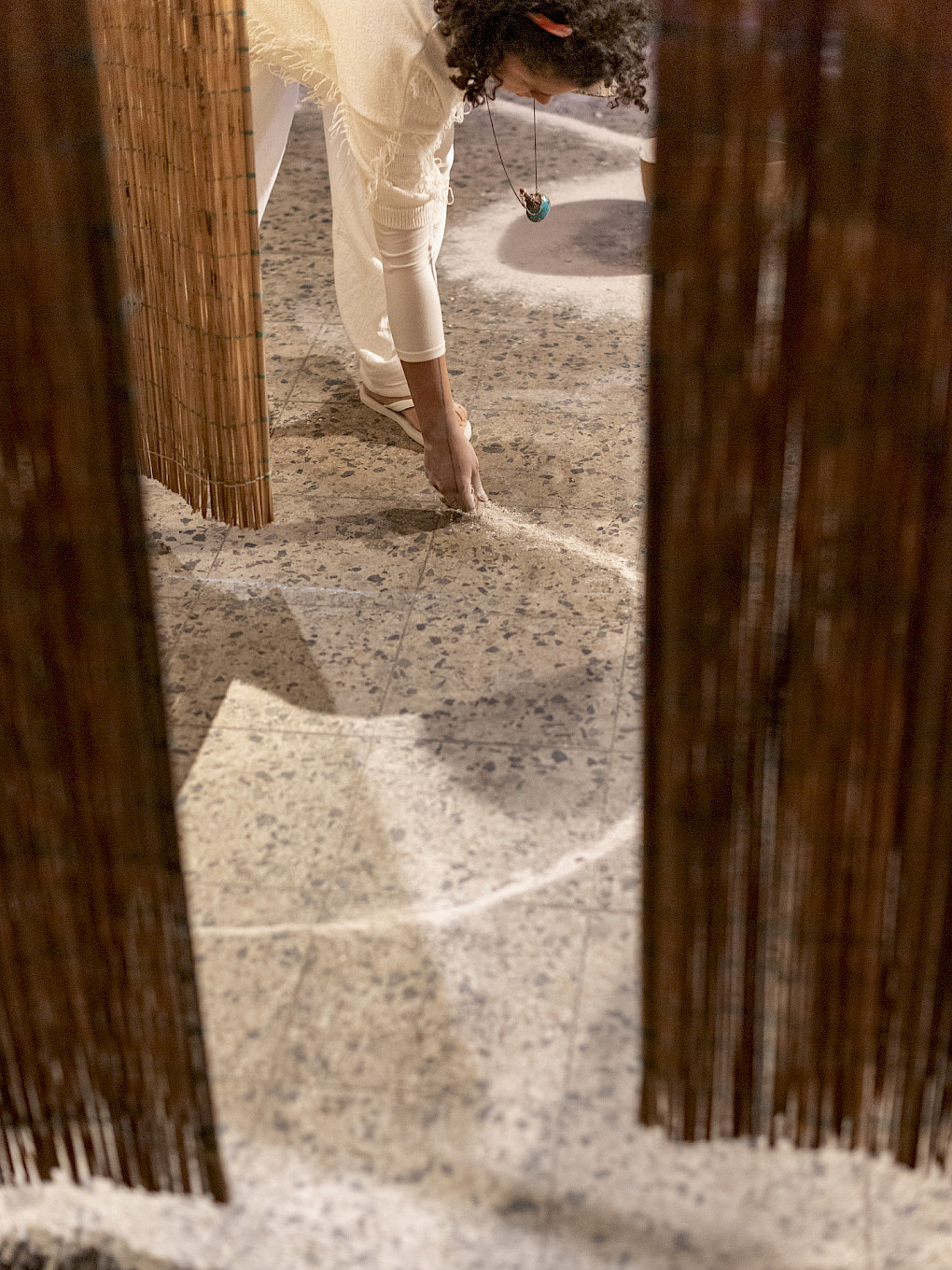
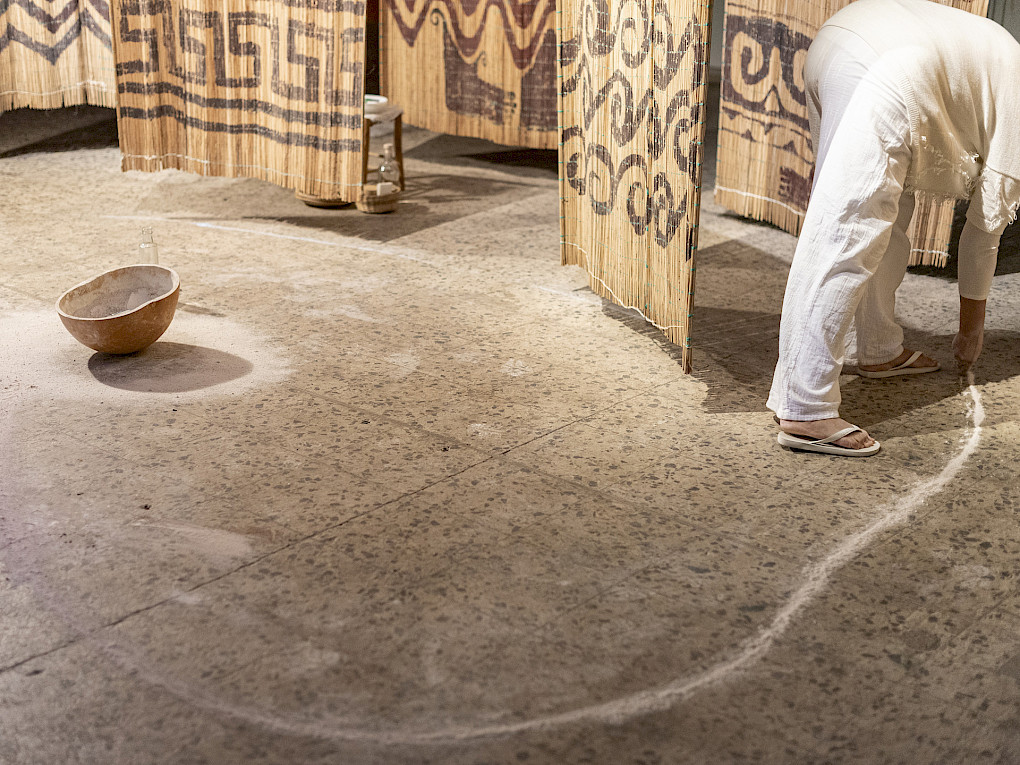
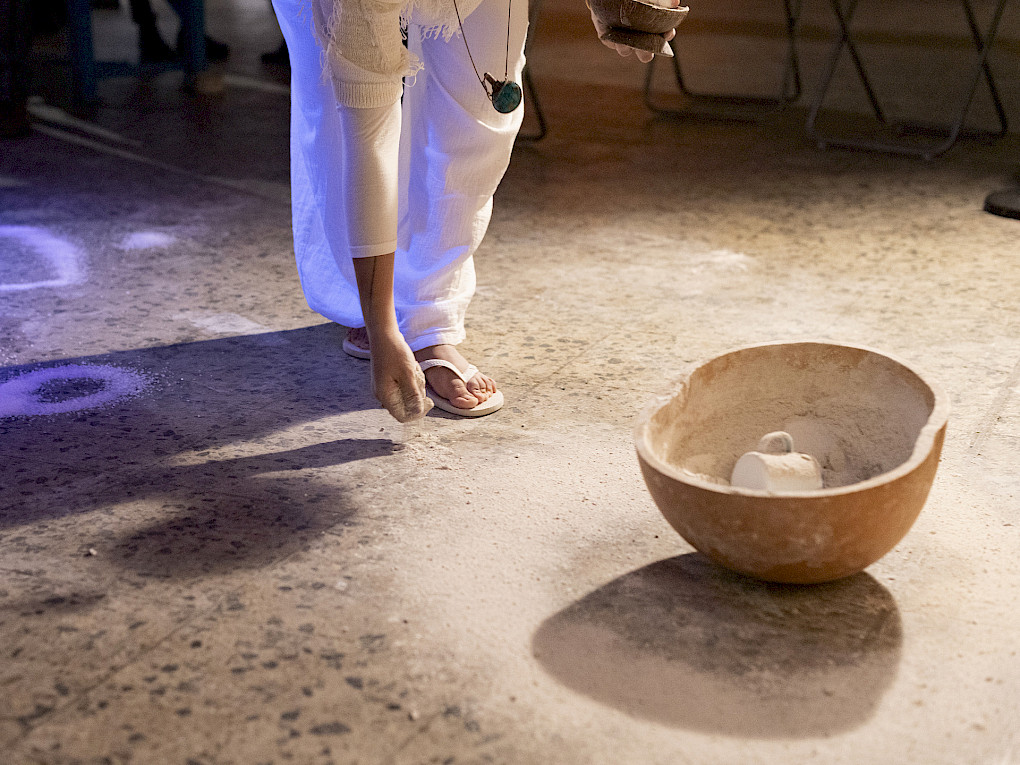
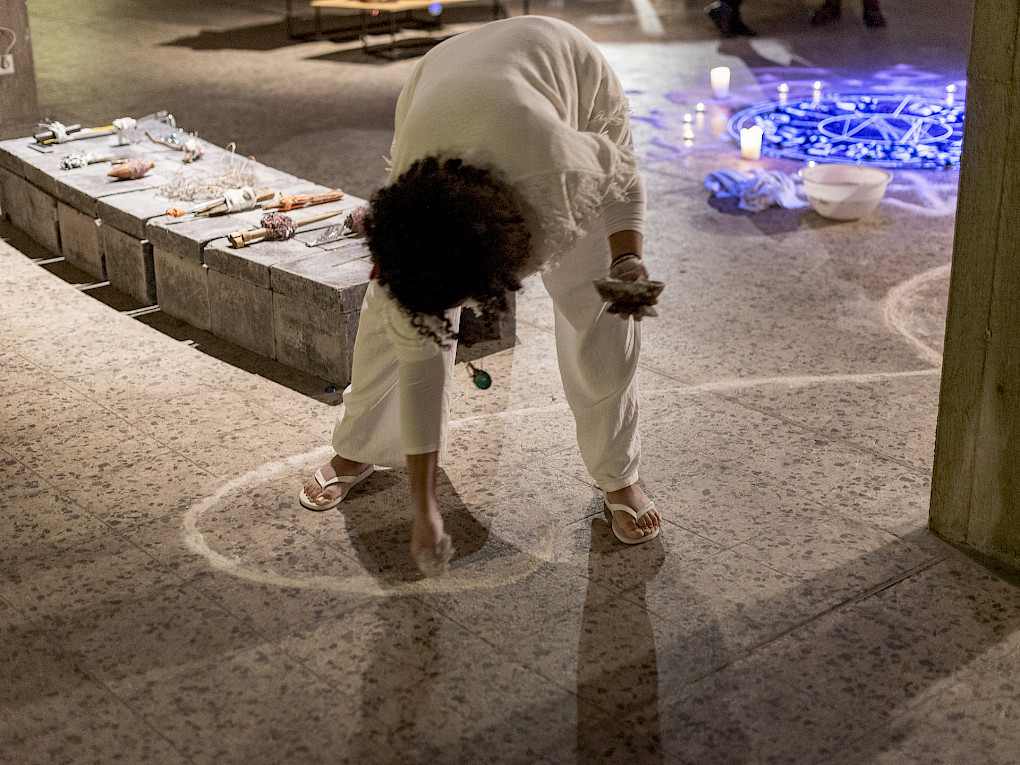
FUNDING This project is funded by Hauptstadtkulturfonds.
